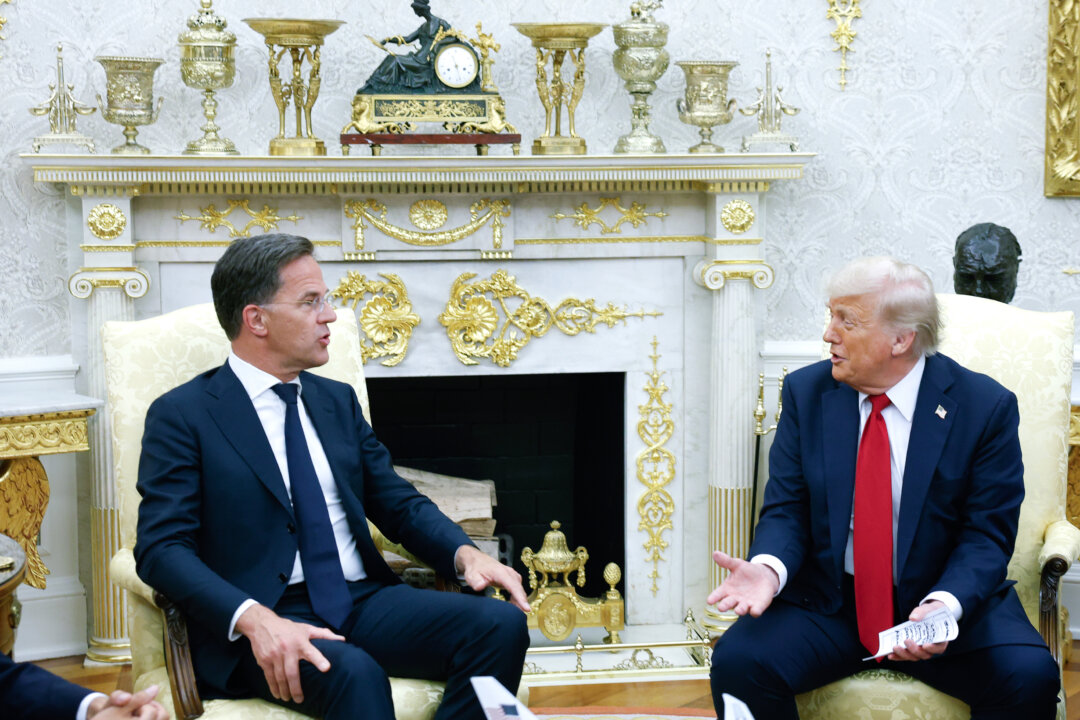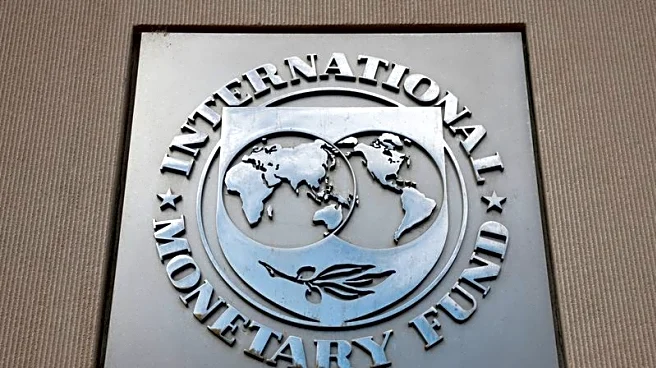In a decisive turn of events in U.S.-NATO relations, President Donald Trump conveyed his deep disappointment in Russian President Vladimir Putin during a pivotal meeting with NATO Secretary General Mark
Did You Know
Koalas have fingerprints like humans.
?
AD
Rutte. This high-stakes dialogue comes at a crucial moment for Ukraine, as the ongoing conflict with Russia intensifies. Trump’s sentiment encapsulates a growing frustration within the U.S. administration regarding Russia's aggression and its ramifications for European security.
During their discussions, Trump laid out plans to enhance military support for Ukraine, signaling a significant commitment to facilitating arms sales to NATO allies. This strategy aims to bolster Ukraine's defenses against Russian incursions, demonstrating a united front among Western nations. Notably, Trump threatened to impose sweeping 100% tariffs on Russia if no agreement is reached to resolve the situation in Ukraine within 50 days, highlighting the financial leverage the U.S. is willing to wield in pursuit of diplomacy.
The urgency of these talks underscores the critical geopolitical landscape in Eastern Europe, where tensions have been escalating since the onset of the conflict. With NATO leaders poised to meet and collaborate on defense initiatives, the collective resolve to address the Russian threat becomes increasingly apparent. The stakes are high, and as Trump's administration pivots towards a more aggressive stance, the international community watches closely, hoping for a de-escalation that might lead to stability in the region.
Q&A (Auto-generated by AI)
What are the implications of tariffs on Russia?
Tariffs on Russia could significantly impact its economy by increasing the cost of exports and imports, potentially leading to inflation and reduced economic growth. Such measures aim to pressure Russia to negotiate a peace deal regarding Ukraine. Historically, tariffs have been used as a tool to influence foreign policy, as seen in previous U.S. sanctions against countries like Iran and North Korea. The effectiveness of tariffs often depends on the targeted country's economic resilience and the global response from allies.
How has NATO's role evolved in recent conflicts?
NATO's role has shifted from a purely defensive alliance during the Cold War to a more proactive force in addressing global security threats. In recent conflicts, such as in Afghanistan and the ongoing Ukraine war, NATO has engaged in collective defense and crisis management. The alliance has also expanded its focus to include cyber threats and terrorism, reflecting the changing nature of warfare. This evolution underscores NATO's adaptability in responding to emerging geopolitical challenges.
What factors led to the Ukraine war escalation?
The escalation of the Ukraine war is attributed to several factors, including Russia's annexation of Crimea in 2014, ongoing military support for separatists in Eastern Ukraine, and NATO's expansion eastward. Political instability in Ukraine, coupled with historical tensions between Russia and the West, further exacerbated the conflict. The war reflects broader struggles over influence in Eastern Europe and differing views on national sovereignty and territorial integrity.
How do sanctions affect international relations?
Sanctions can strain diplomatic relations by creating economic hardships for targeted nations, often leading to retaliatory measures. They aim to change a country's behavior without resorting to military action. However, sanctions can also foster resentment and entrench adversarial positions, complicating future negotiations. For example, sanctions against Russia have led to increased tensions between Russia and NATO countries, impacting global alliances and trade dynamics.
What historical context surrounds NATO's formation?
NATO was formed in 1949 in response to the Soviet threat during the Cold War, aiming to provide collective defense against potential aggression. The North Atlantic Treaty established a framework for mutual defense, where an attack on one member would be considered an attack on all. This alliance was crucial in deterring Soviet expansion in Europe and has since evolved to address new security challenges, including terrorism and cyber warfare, reflecting its adaptability over time.














